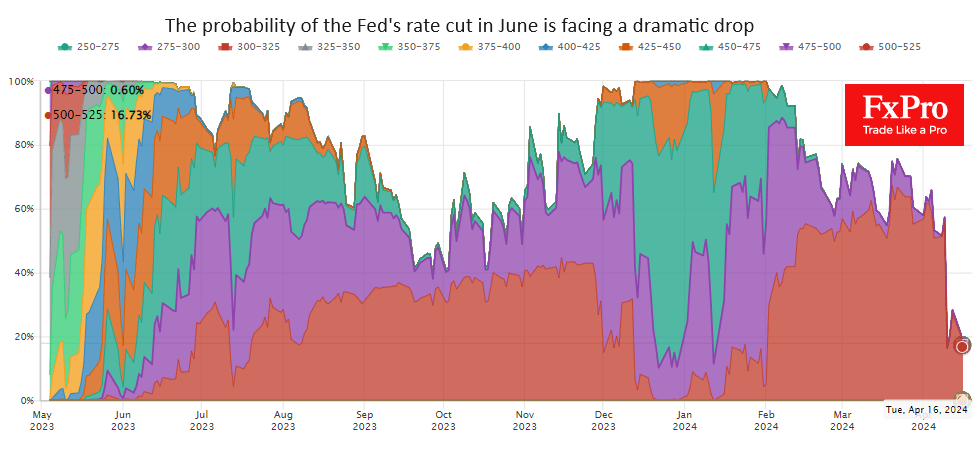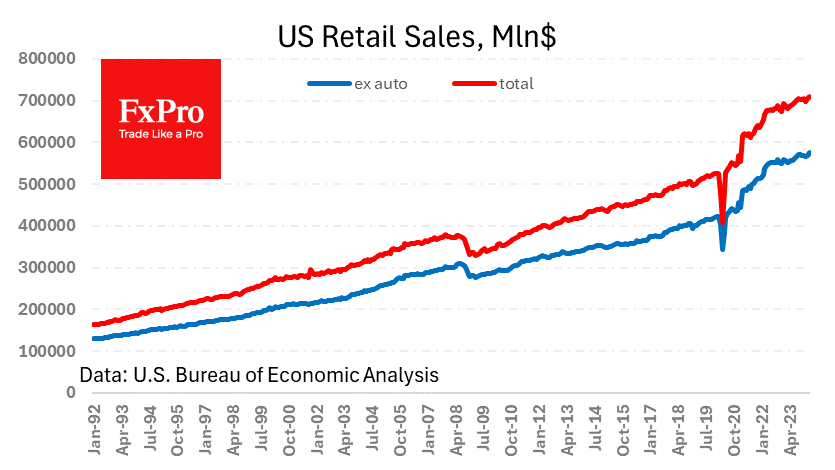Coronavirus ‘Patient Zero’ May Have Started Pandemic In November or Earlier
March 16, 2020 @ 21:39 +03:00
Coronavirus has been with us for longer than you think. According to documents seen by the South China Morning Post (SCMP), the Chinese government first detected a case of COVID-19 on Nov. 17. Yet it still hasn’t been able to confirm that this case really is the fabled “Patient Zero.” Officially, the coronavirus didn’t exist until Dec. 31. The new leak of government documents therefore pushes the discovery of COVID-19 back by several weeks.
In other words, the first person to have had the coronavirus may have caught it even earlier than November. That;s why people who had pneumonia in December and January now suspect they already had the novel virus. According to Chinese government data obtained by SCMP, a 55 year-old from Hubei province was the first person the government detected as suffering from a new virus.
Government scientists have been trying to trace the spread of the coronavirus back in time, to the original patient. So far, the earliest case they’ve found dates to Nov. 17. This date significantly alters the preexisting timeline for COVID-19’s expansion throughout the world. Indeed, the Chinese government didn’t acknowledge human-to-human transmission of the new virus until Jan. 21.
Privately, the government had identified at least nine cases from November. However, it hasn’t been able to confirm any of these as “Patient Zero,” according to the SCMP. And this means that the coronavirus could have begun spreading through China and beyond earlier than November. Having originally broke on Friday, the news of COVID-19’s likely early beginnings has already had an interesting impact.
Now, growing numbers of people are beginning to suspect they’ve already had the coronavirus. Even in the United States and the U.K, people who had unusually bad flu or pneumonia in January or December now think this was because of a COVID-19 infection. Even medical professionals admit to having seen a large number of cases of “flu-but-not-flu” since at least January.
In fact, people are using the new Nov. 17 date to explain how the coronavirus has been able to spread globally so “quickly.” The coronavirus may have begun spreading at least as early as November. And a fairly large sample of people report suffering from the worst cold or flu of their lives from around December. So if their suspicions are correct, you may have already caught the coronavirus without realizing it.
In fact, the common flu can cause pneumonia. In the 2018-19 flu season, the United States saw 490,561 people hospitalized as a result of flu. This figure includes people who suffered pneumonia and other respiratory symptoms. So just because you caught pneumonia in December or January doesn’t mean you had the coronavirus.
Coronavirus ‘Patient Zero’ May Have Started Pandemic In November or Earlier, CCN, Mar 16








